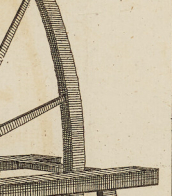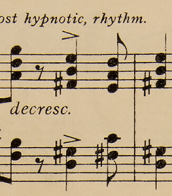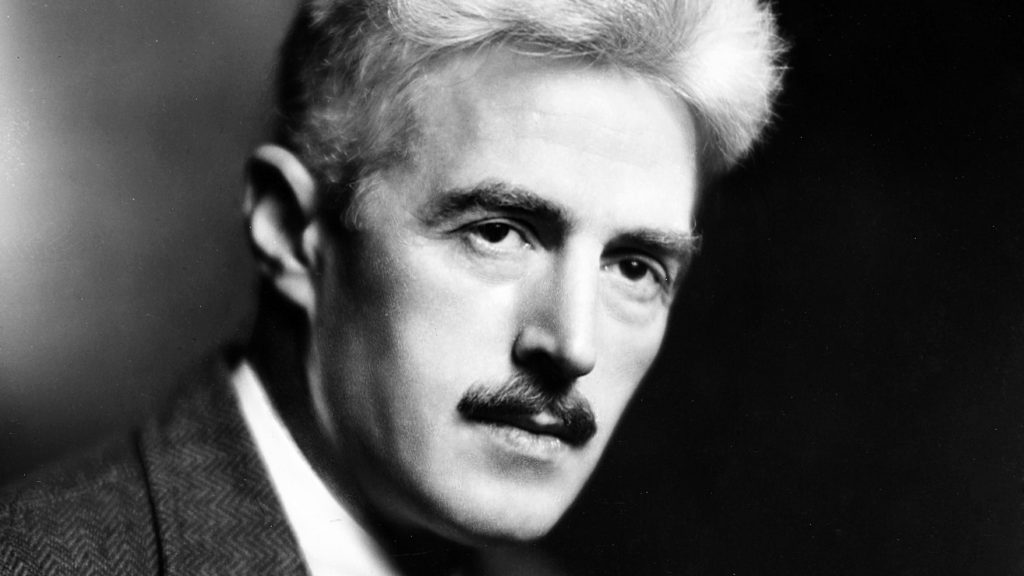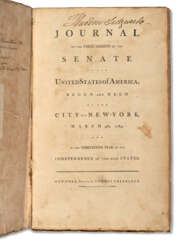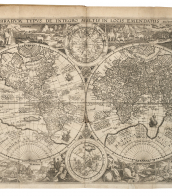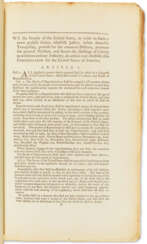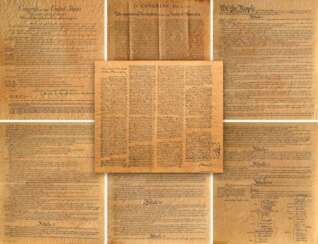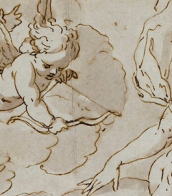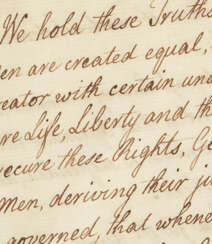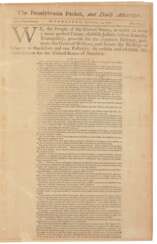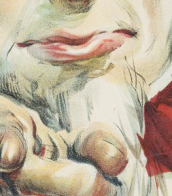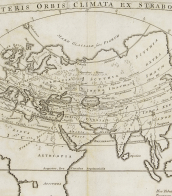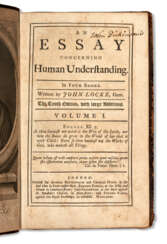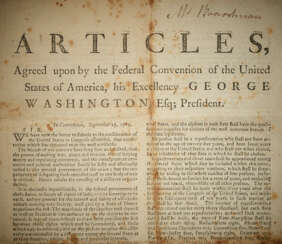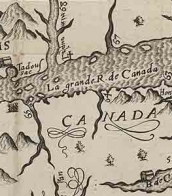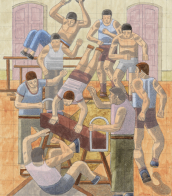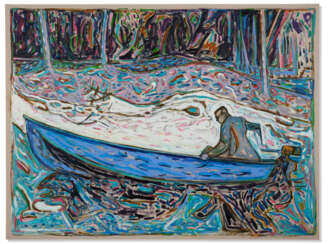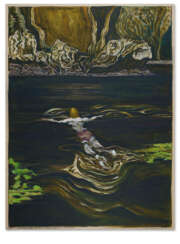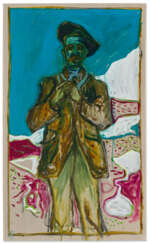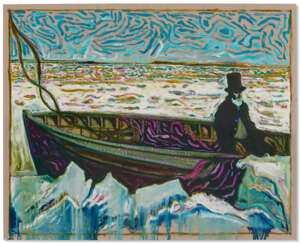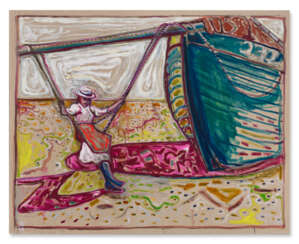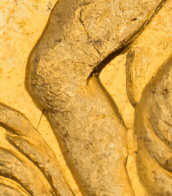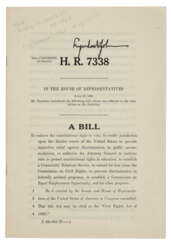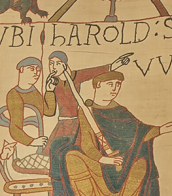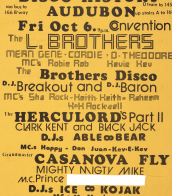bill of rights
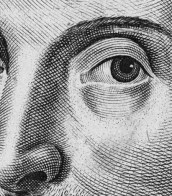

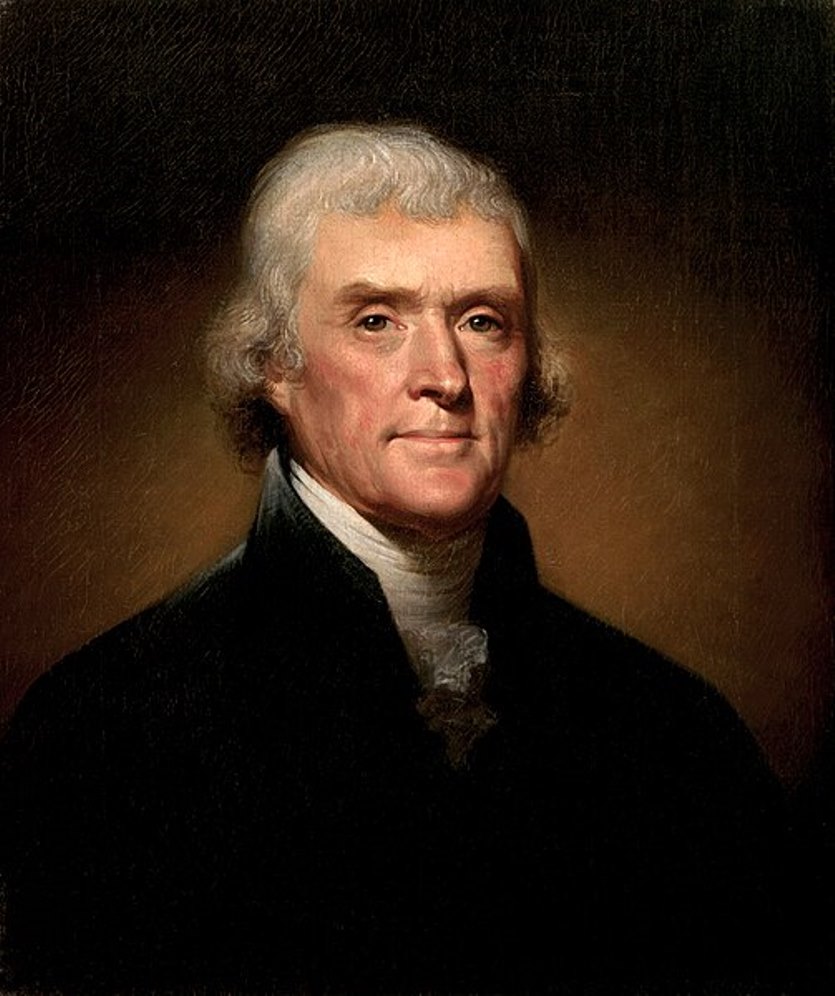
Thomas Jefferson was an American politician and statesman, the third President of the United States (March 4, 1801 - March 4, 1809).
Jefferson was the son of a planter and received a law degree. In 1774, he wrote A Summary of the Rights of British America, which attracted public attention, and he soon gained a reputation as one of the first advocates of American independence from the authority of the British Parliament. In the spring of 1775, the Virginia legislature appointed him a delegate to the Second Conference of the Continental Congress. A year later he was appointed to a committee of five, which also included Adams and Benjamin Franklin, to draft a formal statement of reasons to justify a break with Great Britain. Jefferson thus became one of the authors of the Declaration of Independence. Jefferson succeeded Benjamin Franklin as minister to France in 1785, was secretary of state (1790-1793) under Washington, and vice president (1797-1801) under John Adams.
A Democratic-Republican, Jefferson, who believed that the national government should play a limited role in the lives of citizens, was elected president in 1800. One of the most significant accomplishments of Jefferson's first administration was the purchase of the Louisiana Territory from France for $15 million dollars in 1803 (from the Gulf of Mexico to present-day Canada), effectively doubling the size of the United States. During his second term, Jefferson was focused on trying to keep America out of the Napoleonic Wars in Europe. After his second term as president, he was succeeded by James Madison in 1808.
Upon leaving office, Jefferson retired to his plantation in Virginia, pursued his favorite pastimes, and helped found the University of Virginia. In addition to politics, he is known as a writer, farmer, horticulturist, inventor, book collector, art historian, architect, and scientist. He died at the age of 83 on July 4, 1826, the 50th anniversary of the Declaration of Independence.
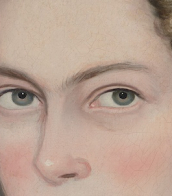
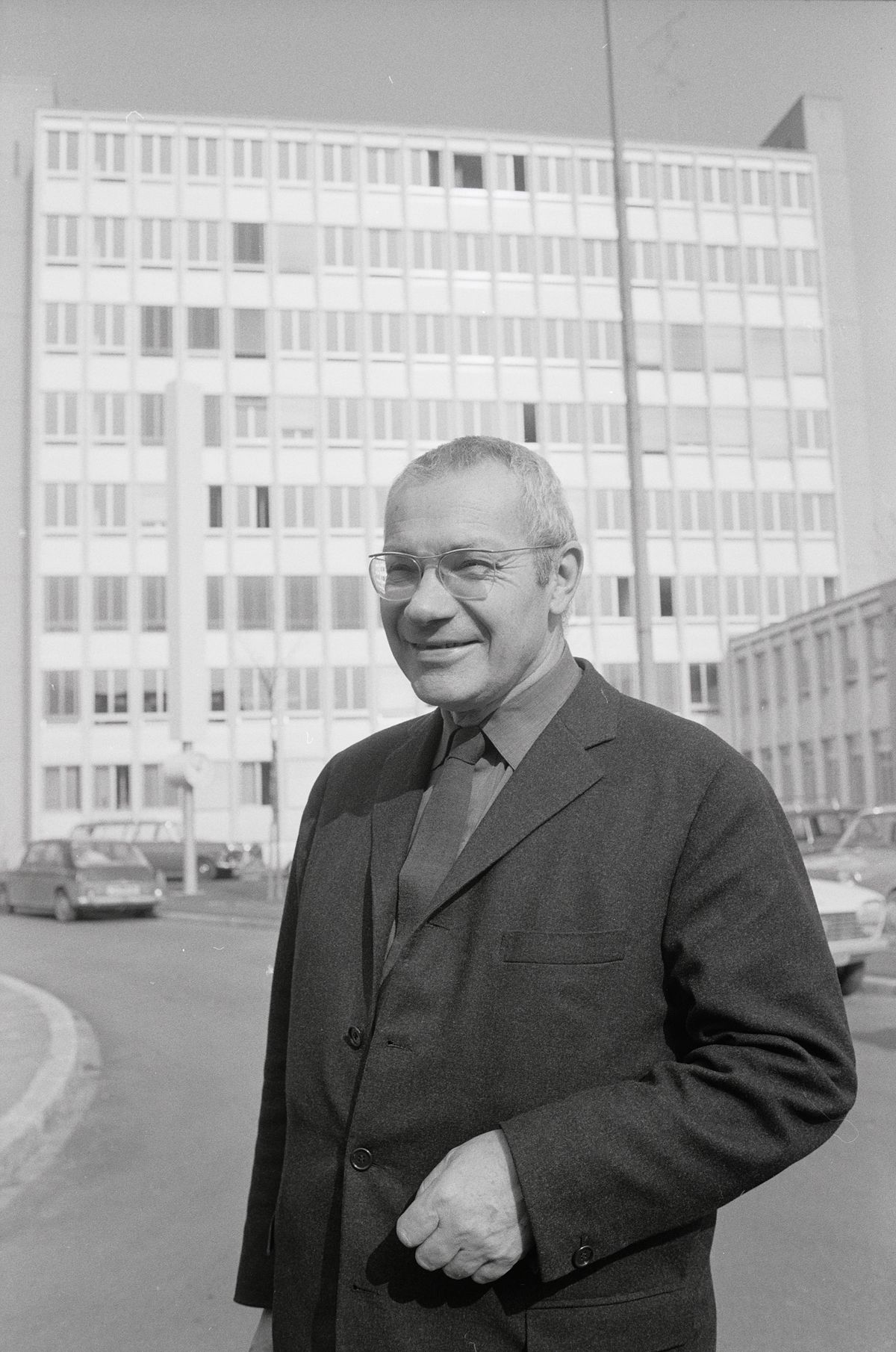
Max Bill, a Swiss artist, architect, painter, typeface designer, industrial designer, and graphic designer, emerged as a key figure in 20th-century art and design. Born in Winterthur, Switzerland, in 1908, Bill's education at the Bauhaus under luminaries like Wassily Kandinsky, Paul Klee, and Oskar Schlemmer profoundly influenced his multidisciplinary approach. His work spans from graphic design, where he was instrumental in shaping Swiss design from the 1950s, to product design with iconic creations like the Ulmer Hocker, a versatile stool designed in 1954.
Bill's contributions to concrete art and his role in founding the Ulm School of Design alongside Inge Aicher-Scholl and Otl Aicher in 1953, mark him as a pioneer who blurred the lines between art, design, and architecture. His theoretical writings and teaching at the Ulm School further underscored his commitment to integrating art with science, shaping a generation of designers and artists.
Noteworthy among his architectural works are his own house and studio built in Zurich-Höngg in the early 1930s and a series of public sculptures that challenge perceptions and engage public spaces in innovative ways. His legacy also includes influential roles in politics, contributions to the field of education, and the establishment of foundations to preserve his work and ideals.
Bill's extensive oeuvre, which also includes timepieces designed for Junghans and a multitude of sculptures, demonstrates his belief in the unity of form and function and the possibility of art to embody the principles of the new physics of the 20th century. His works are not only held in high regard for their aesthetic and functional qualities but also for their ability to convey complex theoretical ideas in tangible forms.
For collectors and experts in art and antiques, Max Bill remains a figure of immense importance, whose works continue to inspire and influence contemporary design and art practices. Sign up for updates related to Max Bill to stay informed about new product sales and auction events showcasing his remarkable contributions to modern art and design.


Max Bill, a Swiss artist, architect, painter, typeface designer, industrial designer, and graphic designer, emerged as a key figure in 20th-century art and design. Born in Winterthur, Switzerland, in 1908, Bill's education at the Bauhaus under luminaries like Wassily Kandinsky, Paul Klee, and Oskar Schlemmer profoundly influenced his multidisciplinary approach. His work spans from graphic design, where he was instrumental in shaping Swiss design from the 1950s, to product design with iconic creations like the Ulmer Hocker, a versatile stool designed in 1954.
Bill's contributions to concrete art and his role in founding the Ulm School of Design alongside Inge Aicher-Scholl and Otl Aicher in 1953, mark him as a pioneer who blurred the lines between art, design, and architecture. His theoretical writings and teaching at the Ulm School further underscored his commitment to integrating art with science, shaping a generation of designers and artists.
Noteworthy among his architectural works are his own house and studio built in Zurich-Höngg in the early 1930s and a series of public sculptures that challenge perceptions and engage public spaces in innovative ways. His legacy also includes influential roles in politics, contributions to the field of education, and the establishment of foundations to preserve his work and ideals.
Bill's extensive oeuvre, which also includes timepieces designed for Junghans and a multitude of sculptures, demonstrates his belief in the unity of form and function and the possibility of art to embody the principles of the new physics of the 20th century. His works are not only held in high regard for their aesthetic and functional qualities but also for their ability to convey complex theoretical ideas in tangible forms.
For collectors and experts in art and antiques, Max Bill remains a figure of immense importance, whose works continue to inspire and influence contemporary design and art practices. Sign up for updates related to Max Bill to stay informed about new product sales and auction events showcasing his remarkable contributions to modern art and design.
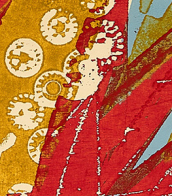
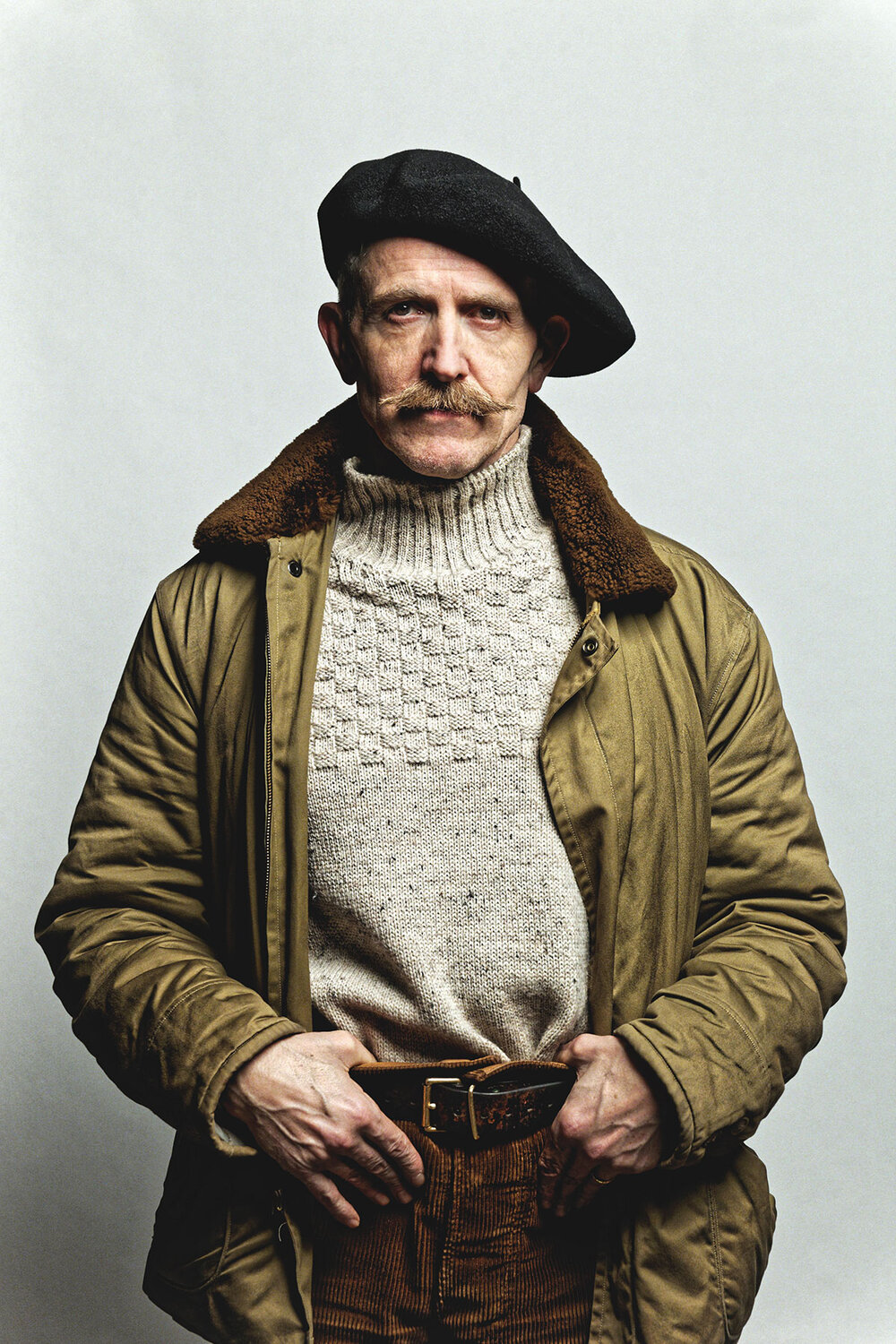
Billy Childish (born Steven John Hamper) is an English painter, author, poet, photographer, film maker, singer and guitarist.


Billy Childish (born Steven John Hamper) is an English painter, author, poet, photographer, film maker, singer and guitarist.
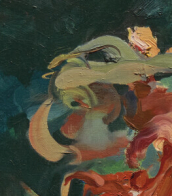

Billy Childish (born Steven John Hamper) is an English painter, author, poet, photographer, film maker, singer and guitarist.


Billy Childish (born Steven John Hamper) is an English painter, author, poet, photographer, film maker, singer and guitarist.


Billy Childish (born Steven John Hamper) is an English painter, author, poet, photographer, film maker, singer and guitarist.
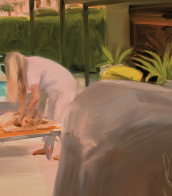

Lyndon Baines Johnson was an American politician and statesman, the 36th President of the United States (1963-1969).
Johnson was from a Texas farming family and graduated from Southwestern State Teachers College (now Texas State University) in San Marcos, Texas. In 1931, he began serving as Secretary of Congress for newly elected U.S. Representative Richard Kleberg. In 1935 Johnson was appointed Texas director of the National Youth Administration, President Franklin D. Roosevelt's New Deal program. Roosevelt, which helped young people find jobs during the Great Depression. In 1937, Lyndon Johnson was elected to the U.S. House of Representatives as a Democrat.
He served briefly in the U.S. Navy during World War II with the rank of lieutenant commander, and was elected to the U.S. Senate in 1948. In 1960, Democratic presidential candidate John F. Kennedy invited Johnson to be his running mate for vice president. He was elected vice president, and after the assassination of President John F. Kennedy, he was sworn in and assumed the presidency on the same day, November 22, 1963.
President Lyndon Johnson soon declared a war on poverty. In the 1964 presidential election, he defeated his Republican rival and introduced a list of new reforms that he was convinced would build a "great society" for all Americans. Johnson also made great strides against racial discrimination, signing the historic Civil Rights Act of 1964 and the Voting Rights Act of 1965.
In foreign policy, however, Johnson could not boast of successes. Increased U.S. military involvement in the Vietnam War and heavy casualties led to a sharp rise in anti-war sentiment in the country. Lyndon Johnson's ratings steadily declined, eventually he refused to run for a second term and in January 1969 returned to his ranch in Texas. He spent the last years of his life as a librarian, writing his memoirs and died at the age of 64. Lyndon Johnson has a reputation as one of the least popular presidents in American history.

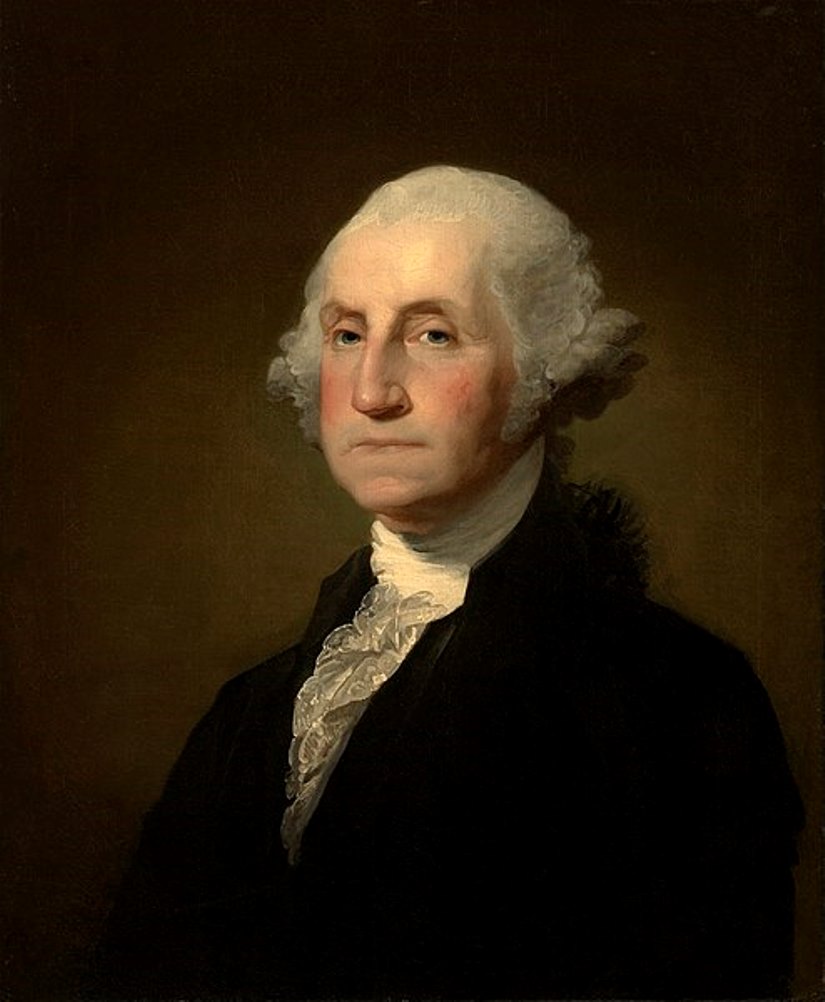
George Washington is the first popularly elected president of the United States of America and one of the founding fathers of the United States.
Born into a noble family in colonial Virginia in February 1732, George Washington served as a Virginian officer with British troops during the French-Indian War (1754-1763) from 1754-1758. This was a territorial war fought largely between the colonies of Britain and France that escalated into a worldwide conflict between the two countries. J. Washington was at the center of the conflicts in the disputed Ohio River Valley area.
In June 1775, he was elected commander-in-chief of the Continental forces in the war already for independence from Great Britain. He commanded American troops throughout the war, becoming famous for his perseverance and bravery.
In 1787, J. Washington represented the state of Virginia as a delegate to the Constitutional Convention. This convention created the Constitution of the United States. In 1789, the Electoral College unanimously elected George Washington president, and in 1792 he was re-elected for a second term. Thus George Washington was in office as President of the United States from April 30, 1789 to March 4, 1797.
As head of state, he helped to strengthen the Union, implement the principles of the Constitution and build the capital of the United States. He was engaged in the formation of the central authorities and system of government, created precedents for the institution of presidents, encouraged the development of the economy, maintained friendly relations with Congress. In foreign policy Washington avoided interference in the affairs of European states.
After leaving the post of president, George Washington lived in Mount Vernon Manor.


Lyndon Baines Johnson was an American politician and statesman, the 36th President of the United States (1963-1969).
Johnson was from a Texas farming family and graduated from Southwestern State Teachers College (now Texas State University) in San Marcos, Texas. In 1931, he began serving as Secretary of Congress for newly elected U.S. Representative Richard Kleberg. In 1935 Johnson was appointed Texas director of the National Youth Administration, President Franklin D. Roosevelt's New Deal program. Roosevelt, which helped young people find jobs during the Great Depression. In 1937, Lyndon Johnson was elected to the U.S. House of Representatives as a Democrat.
He served briefly in the U.S. Navy during World War II with the rank of lieutenant commander, and was elected to the U.S. Senate in 1948. In 1960, Democratic presidential candidate John F. Kennedy invited Johnson to be his running mate for vice president. He was elected vice president, and after the assassination of President John F. Kennedy, he was sworn in and assumed the presidency on the same day, November 22, 1963.
President Lyndon Johnson soon declared a war on poverty. In the 1964 presidential election, he defeated his Republican rival and introduced a list of new reforms that he was convinced would build a "great society" for all Americans. Johnson also made great strides against racial discrimination, signing the historic Civil Rights Act of 1964 and the Voting Rights Act of 1965.
In foreign policy, however, Johnson could not boast of successes. Increased U.S. military involvement in the Vietnam War and heavy casualties led to a sharp rise in anti-war sentiment in the country. Lyndon Johnson's ratings steadily declined, eventually he refused to run for a second term and in January 1969 returned to his ranch in Texas. He spent the last years of his life as a librarian, writing his memoirs and died at the age of 64. Lyndon Johnson has a reputation as one of the least popular presidents in American history.
